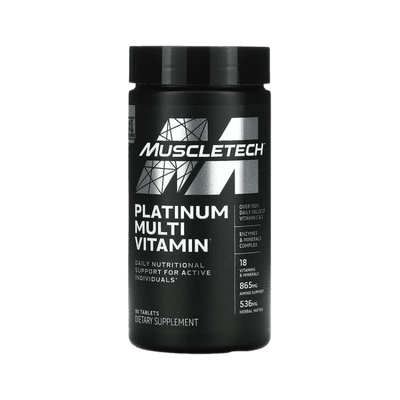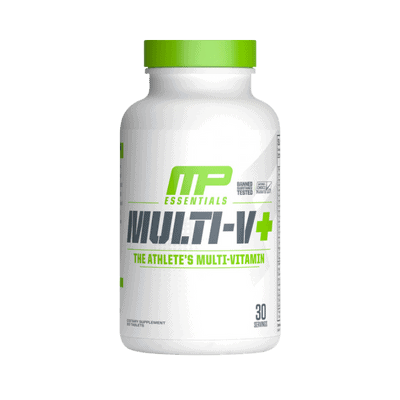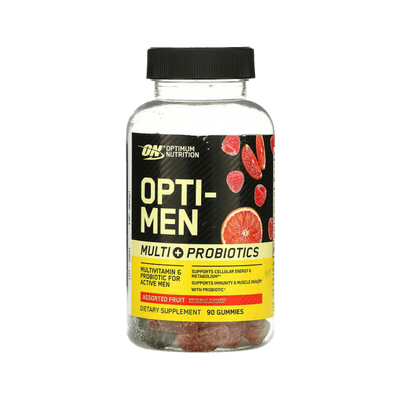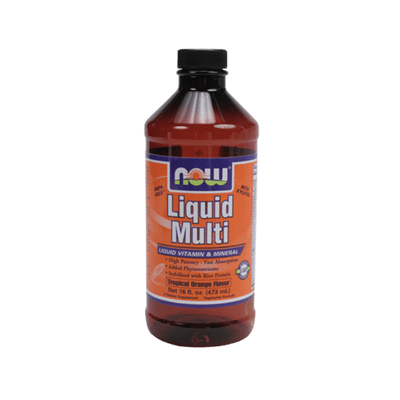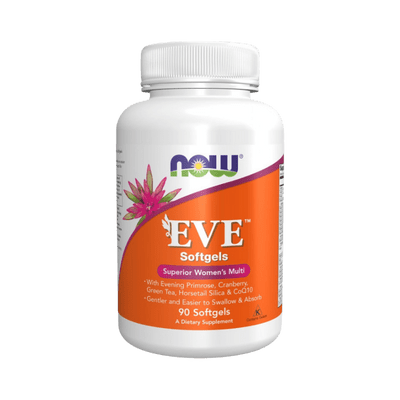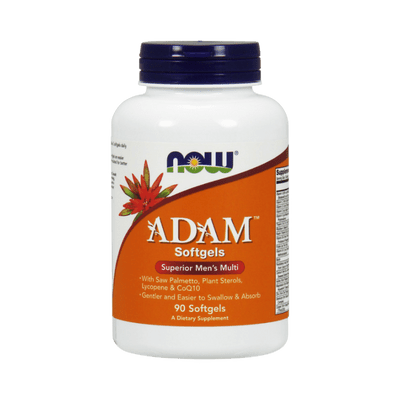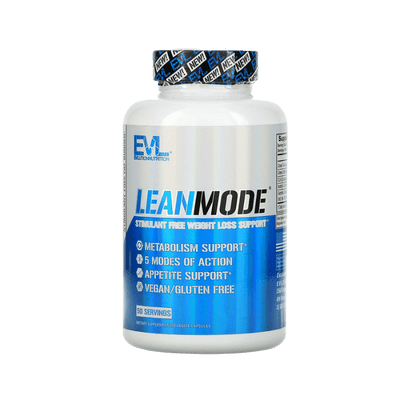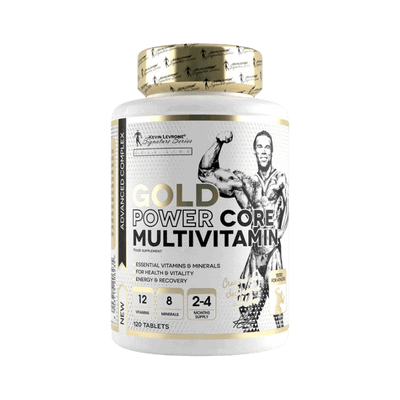Introducing Multivitamins
Did you know that our body needs 13 vitamins and 15 minerals to function properly? But how to get them all in the recommended dose to keep our bodies healthy and thriving? Multivitamins are the answer!
Most people can’t get the daily recommended dose of vitamins and minerals through their diet, so the best way to ensure that your body gets all the nutrients it needs is to start consuming multivitamin supplements. These supplements come in many forms, but they all have one thing in common: they can protect and improve your health.
In this article, we’ll discuss the benefits of consuming multivitamins, who should and shouldn’t use them, and teach you how to choose the proper supplements for your needs. We’ll also give you a list of the top 10 multivitamins on the market.
Key Takeaways:
- Multivitamins contain vitamins and minerals essential for our body and health
- Many people can benefit from using these supplements, especially those over the age of 50
- Some multivitamins contain additional ingredients, such as amino acids, fatty acids, and herbs, that promote well-being
- The recommended dose of multivitamins is 1-2 a day
What Are Multivitamins?
Multivitamins are supplements that contain different vitamins, minerals, and other ingredients that are beneficial for the human body. Considering there’s no standard for what a multivitamin supplement should include, every brand offers different nutrient compositions.
The supplements come in many forms, such as capsules, tablets, powders, liquid, and chewable gummies, and should be consumed 1-2 times a day.
Multivitamins are one of the best supplements you could incorporate into your diet because they can boost your immune system and keep your organs functioning properly. Some multivitamin formulas are enriched with amino acids, fatty acids, and herbs for even greater health benefits.
What Are the Benefits of Multivitamins?
Multivitamins are the most purchased supplements because they have countless benefits. Most people can’t get enough vitamins and minerals through food, so the easiest way to get the daily dose is by taking one capsule daily. Doing this will bridge the nutrient gaps so you can meet the daily recommended dose.
Let’s review some of the benefits you can get from taking your multivitamins daily.
Increase Your Energy Levels
When you don’t consume enough vitamins, your body puts a lot of effort into doing even the simplest tasks, which can lead to fatigue and many other health problems. Regularly consuming multivitamins will boost your energy levels, and your body will have enough strength to get you through the day.
Reduce Stress and Anxiety
These supplements can help you significantly reduce your stress and anxiety levels. Vitamin B, which can be found in all multivitamins, converts food into energy, reduces stress hormones, and keeps the nervous system functioning properly.
Boost Your Immune System
Most multivitamins contain vitamins C, D, and E, which are the best for strengthening the immune system. Vitamin C and E are powerful antioxidants that can reduce allergy symptoms.
Improve Your Cardiovascular Health
Many studies have shown that quality multivitamins can improve cardiovascular health and protect your heart from many diseases. Vitamin B1, B2, vitamin B6, K1, Niacin, and magnesium, all found in multivitamin supplements, are crucial for keeping a healthy heart.
Support Eye Health
Vitamin A, which can be found in almost all multivitamin supplements, is essential for maintaining eye health. This vitamin can even improve your eyesight and reduce age-related eye illnesses. Vitamin C, E, Niacin, and selenium also benefit the eyes.
Reduce The Risk of Getting Cancer
Many studies have shown that vitamin use can decrease cancer risk.
Improve Your Brain Function
Vitamins such as B12, omega-3 fatty acids, and herbal supplements such as Ginkgo Biloba can prevent memory loss and help you restore your brain function.
Help You Maintain Muscle Strenght
We’re all exposed to free radicals, and they can cause serious damage to our health if we don’t do something to protect ourselves. But fortunately, the antioxidants found in almost any multivitamin supplement can destroy those free radicals.
Taking multivitamins doesn’t mean you should stop consuming foods rich in vitamins and minerals. The best way to get nutrients is through food, so don’t substitute healthy foods with pills. Warning
Who May Benefit From Multivitamins?
The reality is that anyone can benefit from consuming multivitamins because they’re designed to fill the nutritional gaps. Everyone who wants to improve their health should start taking multivitamins, especially the following population:
- People age 50 and over: vitamin B12 supports red blood cells and improves brain and nerve function. The body can’t get enough vitamin B12 from food, so multivitamins are especially recommended for people over 50.
- Postmenopausal women: women in menopause are more prone to osteoporosis and bone diseases. Multivitamins, especially calcium and vitamin D, can help postmenopausal women prevent them.
- People with malabsorption diseases: these diseases prevent the body from digesting food properly, which increases the chance of malabsorption. Since the nutrients from food can be processed properly, multivitamins are a must.
- Vegans: vitamin B12 is crucial for proper brain function, and it’s mainly found in animal products. Since vegans don’t consume food from animals or dairy products, they need multivitamins to prevent vitamin deficiency.
- Pregnant women: every woman is advised to consume folic acid in the form of prenatal multivitamins.
Always consult your doctor before taking any supplement, and follow the manufacturer’s instructions for consumption. Important
Who May Not Benefit From Multivitamins?
Although they have many positive sides, some people should avoid consuming multivitamins because they can’t benefit from them.
People who may not benefit from taking multivitamins include:
- People who have a balanced diet: if your diet is healthy and balanced, you won’t need to consume supplements because you’re getting all the vitamins and minerals from food.
- People who have trouble absorbing iron: multivitamins can make their stomach upset and cause vomiting and constipation.
- Individuals that suffer from hemochromatosis: multivitamin consumption can cause liver cirrhosis and heart diseases.
- People that take certain medications: some medications don’t work well when combined with multivitamins. Always consult with your doctor before mixing your medication and multivitamins.
If you take multivitamins and eat many nutrient-dense foods, you could exceed the recommended daily intake of many nutrients. High amounts of vitamins and minerals can also be harmful. Warning
How Much is Too Much?
When it comes to multivitamins, more is not always better. Combining more multivitamins or taking a higher dose can cause harm, and you can eventually end up with nutrient-toxic doses in your body. Higher doses of vitamin C can cause diarrhea and stomach cramping. Furthermore, too much vitamin A and D can lead to liver and kidney problems.
So, to be safe, read and follow the manufacturer’s instructions. The common recommendation is to take 1-2 multivitamins daily, so ensure you don’t exceed them.
How to Choose the Best Multivitamins?
Each multivitamin brand and product offers different nutritional content. Also, there are different people with different needs. So, there’s no one-size-fits-all in this regard.
Let’s view what to look for when purchasing multivitamins.
Third-Party Certification
Since the FDA doesn’t regulate vitamins, it can be difficult to choose top-quality supplements. The best way to ensure that the multivitamins you’ve purchased are safe is to choose a product tested by a third party.
The product has undergone rigorous audit processes to evaluate its quality if the multivitamin supplements have a seal from the United States Pharmacopeia or a certificate from the National Science Foundation’s Good Manufacturing Practices.
More Than 20 Actives
The best multivitamins should contain more than 20 essential vitamins and minerals. To make sure that you make the best choice, look for supplements that contain the following:
- Water-soluble vitamins: vitamin C and all eight B vitamins
- Fat-soluble vitamins: vitamin A, D3, E, K1 and K2
- Macrominerals: calcium, magnesium, potassium, and calcium
- Microminerals and trace minerals: zinc, copper, iron, iodine, boron, silica, etc.
Consider Your Age and Gender
Each person needs different amounts of nutrients. For example, there are special multivitamins for women going through menopause, which are significantly better than ordinary multivitamins. Also, menstruating women must consume multivitamins containing vitamin B12 and iron because those nutrients make essential red blood cells.
Similarly, elder people’s needs are much different than people in their early 30s. They should consume multivitamins with higher levels of vitamins C, E, D, and B and calcium that will additionally support the health of their bones.
Always consider what your body needs before you rush out to buy multivitamins. Pro Tip
Form of Multivitamin
We already mentioned that multivitamins come in many forms, but not all forms are equally effective.
For instance, the gummy multivitamin market has been in full bloom. Gummies are easier to consume but don’t contain the same levels of vitamins and minerals as tablets or capsules. Some even contain huge amounts of sugar and highly processed oils.
On the contrary, tablets are made from powdered ingredients, which are later formed into hard pills. They have a longer shelf life and can fit the most vitamins and minerals compared to gummies and capsules.
At last, capsules are the most effective multivitamins and absorb most quickly.
The Quality of Multivitamins
A top-quality supplement will give you nutrients in the most bioavailable, bioactive, and gentle forms. Check the ingredient list for vitamin D3, methylated B vitamins, and chelated minerals. These three ingredients are bound together to improve absorption.
Dietary Restrictions
A wide array of multivitamins is designed, especially for vegans, people who are sensitive to gluten and allergic to dairy. If you have any dietary restrictions, especially gluten or dairy allergies, carefully read the label before consuming any multivitamin to prevent allergic reactions.
Pre-Existing Conditions
If you have a higher risk of suffering from heart disease, supplements with potassium might be a good choice. Studies have shown that low levels of potassium can cause cardiovascular diseases. Smokers need a higher amount of supplements than non-smokers. We reccomend 35mg more of vitamin C.
Choose multivitamins that contain fiber in their formula because most people can’t get enough fiber through their diet, and fiber is necessary for digestion. Pro Tip
Conclusion
Multivitamins are some of the most popular supplements, and there isn’t a person on this planet who hasn’t tried them or is planning to. The reality is that our body needs its dose of vitamins and minerals to function properly, and most frequently, we can’t get the needed amount from food only.
Multivitamin supplements are the easiest way to get all the nutrients and offer countless health benefits. How else you’ll get 13 vitamins and 15 minerals throughout the day?
Nevertheless, although regular consumption has many positive sides, too much can cause side effects, so always follow the manufacturer’s instructions or consult your doctor.


